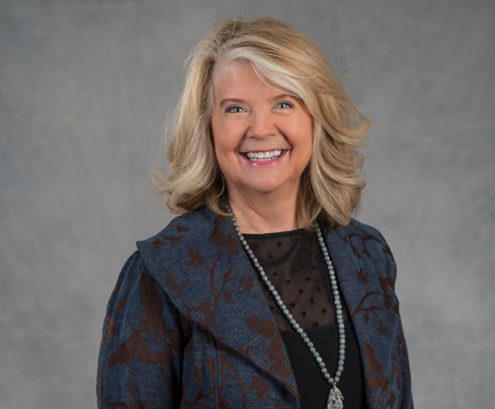Track Overview
Services are at the heart of human interactions. As humans, we live and work in families, cities, nations, corporations, nonprofit organizations and governments, all of which are service ecosystems. Consequently, the service encounters, relationships and interactions that we experience within these ecosystems are fundamental to the quality and meaning of each life and to our well-being as societal members and consumers. Unfortunately, inequity can be an aspect of our embedded existence in these service ecosystems. For example, limited or unjust access to services based on biases such as race, age, gender, sexual orientation and socioeconomic status are not uncommon in today’s services.
The purpose of this track’s research is to introduce the concept of “service equity” and examine how it relates to consumer well-being. We start our integrated investigation by reviewing multidisciplinary literature on equity. We take a social justice approach and define service equity as “the assurance of the conditions for optimal well-being for all people.” We look particularly at the resource exchange process whereby various actors exchange their resources in order to create value for themselves. There is a constant effort by the key stakeholders to achieve fairness and equilibrium in this exchange. The success or failure of such efforts impacts actors’ well-being. In order to ensure that we capture the conditions for well-being aspect, we adopt a service ecosystem perspective.
With these and other initial thoughts, we aim to further develop the concept of “service equity” by conducting empirical research in order to build a theoretical model aimed at identifying the dynamics and processes of service equity to include the micro, meso and macro level of service ecosystems along with the situational and environmental factors at play. Ultimately, we hope to position service equity as a cornerstone of research and practice for consumer well-being and human development.
Track Leaders

Track Participants
- Chatura Ranaweera, Wilfrid Laurier University, Canada
- Raechel Johns, University of Canberra, Australia.
- Sidney T. Anderson, Texas State University, USA
